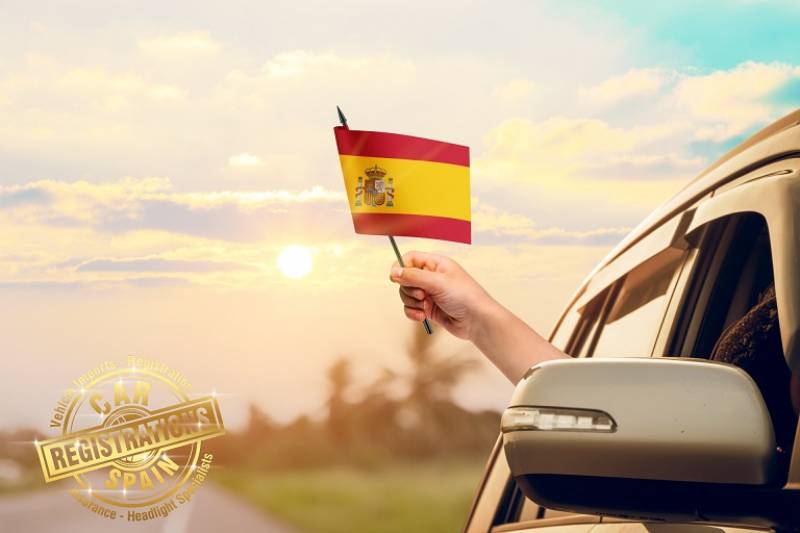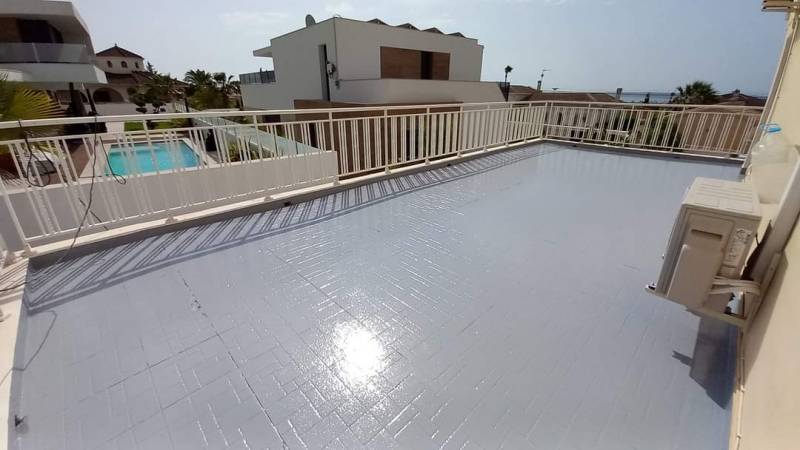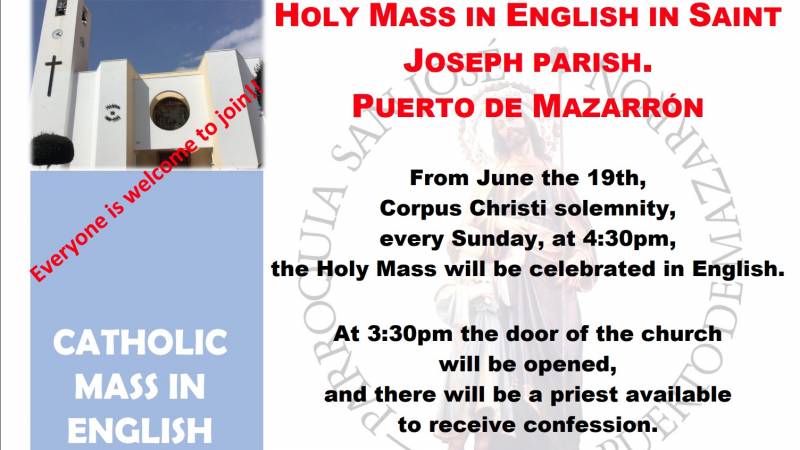- Region
- Águilas
- Alhama de Murcia
- Jumilla
- Lorca
- Los Alcázares
- Mazarrón
- San Javier
-
ALL AREAS & TOWNS
- AREAS
- SOUTH WEST
- MAR MENOR
- MURCIA CITY & CENTRAL
- NORTH & NORTH WEST
- TOWNS
- Abanilla
- Abarán
- Aguilas
- Alamillo
- Alcantarilla
- Aledo
- Alhama de Murcia
- Archena
- Balsicas
- Blanca
- Bolnuevo
- Bullas
- Cañadas del Romero
- Cabo de Palos
- Calasparra
- Camping Bolnuevo
- Campo De Ricote
- Camposol
- Canada De La Lena
- Caravaca de la Cruz
- Cartagena
- Cehegin
- Ceuti
- Cieza
- Condado de Alhama
- Corvera
- Costa Cálida
- Cuevas De Almanzora
- Cuevas de Reyllo
- El Carmoli
- El Mojon
- El Molino (Puerto Lumbreras)
- El Pareton / Cantareros
- El Raso
- El Valle Golf Resort
- Fortuna
- Fuente Alamo
- Hacienda del Alamo Golf Resort
- Hacienda Riquelme Golf Resort
- Isla Plana
- Islas Menores & Mar de Cristal
- Jumilla
- La Azohia
- La Charca
- La Manga Club
- La Manga del Mar Menor
- La Pinilla
- La Puebla
- La Torre
- La Torre Golf Resort
- La Unión
- Las Palas
- Las Ramblas
- Las Ramblas Golf
- Las Torres de Cotillas
- Leiva
- Librilla
- Lo Pagan
- Lo Santiago
- Lorca
- Lorquí
- Los Alcázares
- Los Balcones
- Los Belones
- Los Canovas
- Los Nietos
- Los Perez (Tallante)
- Los Urrutias
- Los Ventorrillos
- Mar De Cristal
- Mar Menor
- Mar Menor Golf Resort
- Mazarrón
- Mazarrón Country Club
- Molina de Segura
- Moratalla
- Mula
- Murcia City
- Murcia Property
- Pareton
- Peraleja Golf Resort
- Perin
- Pilar de la Horadada
- Pinar de Campoverde
- Pinoso
- Playa Honda
- Playa Honda / Playa Paraíso
- Pliego
- Portmán
- Pozo Estrecho
- Puerto de Mazarrón
- Puerto Lumbreras
- Puntas De Calnegre
- Region of Murcia
- Ricote
- Roda Golf Resort
- Roldan
- Roldan and Lo Ferro
- San Javier
- San Pedro del Pinatar
- Santiago de la Ribera
- Sierra Espuña
- Sucina
- Tallante
- Terrazas de la Torre Golf Resort
- Torre Pacheco
- Totana
- What's On Weekly Bulletin
- Yecla


- EDITIONS:
 Spanish News Today
Spanish News Today
 Alicante Today
Alicante Today
 Andalucia Today
Andalucia Today
Summer solstice 2024: What time does summer officially start in Spain?
The summer season starts this week, bringing long days and short nights for the next 3 months
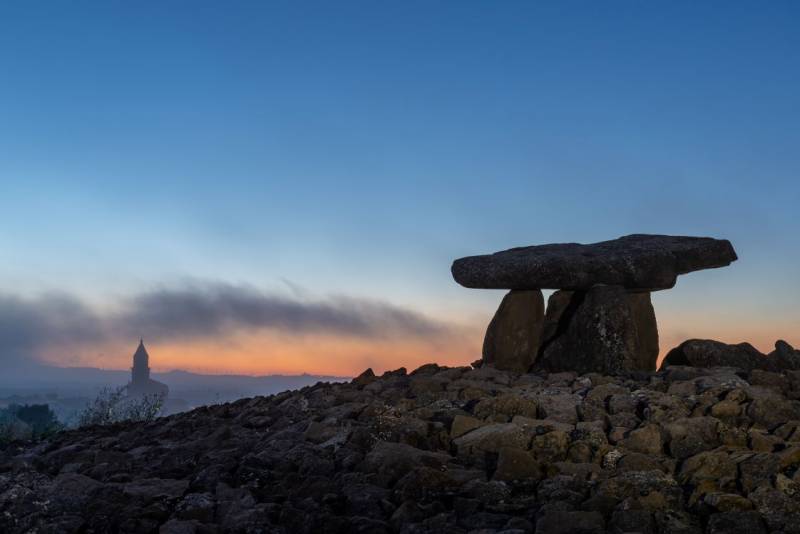
Dolmen of Chabola de la Hechicera at sunrise, Elvillar, Basque Country, Spain
For many, summer is the favourite season of the year. Warm weather, long days full of fun, holidays from school and work, making memories that last a lifetime…
But there are some things you probably didn’t know about summer. For example, did you know that there are two types of summer?
On the one hand there is the astronomical summer, which runs from the summer solstice to the autumnal equinox, and the meteorological summer, which includes the months of June, July and August due to their similar climatic behaviour.
Astronomical seasons are based on the position of the Earth relative to the Sun, while meteorological seasons are based on the annual temperature cycle.
The seasons of the astronomical calendar are defined by two solstices and two equinoxes. An equinox is when the daytime and night-time are of equal length, whereas a solstice is the point when the Sun is farthest from Earth’s Equator.
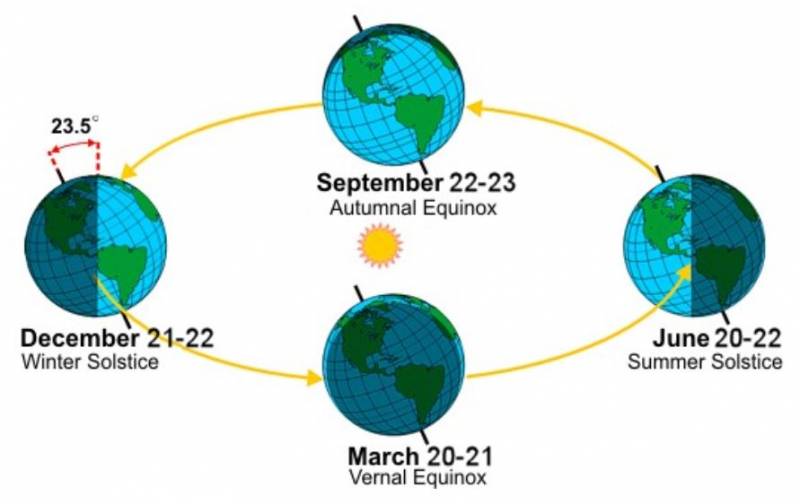
In some world traditions, solstices are times of great ritualistic significance, especially for druid and wiccan communities. In Spain, the summer solstice is closely tied to traditions of the Feast of San Juan, which falls on June 24 and is marked by bonfires on the beaches which participants may jump over to bring good luck.
What time does summer 2024 start?
The summer solstice 2024, which marks the beginning of the astronomical summer season, begins in the northern hemisphere on Thursday June 20.
To be precise, at exactly 11.51pm Central European Time (10.51pm GMT), the Earth will reach the point in its orbit where the Sun has its maximum declination to the north. This event not only marks the beginning of summer, but also represents the day with the most daylight hours of the year.
The summer solstice will coincide with the full moon, the ‘Solstice Strawberry Moon’ as June’s full moon is known.
For the following 93 days and 16 hours, the northern hemisphere will enjoy longer days and shorter nights, leading to a gradual increase in temperatures.
While the summer solstice may be the longest day of the year, it is by no means the hottest. Statistically speaking, the hottest day is usually August 6.
How long will the summer last?
For those who mark their year by the school calendar, the end of summer is normally in September when classes and work in many companies resume.
Indeed, many companies in Spain require their employees to take more than half of their yearly vacation allowance in the months of July and August and they also have a ‘jornada reducida’ or ‘horario de verano’, when a full-time working day consists of 6 or 7 hours worked rather than 8.
This because July and August are traditionally slower months when there is less work to do and it is too warm to work much past midday anyway.
However, astronomically speaking, summertime ends and autumn begins at 2.43pm (CET) on September 22, 2024 with the autumn equinox.
Around a month later, on October 27, it will be time to change the clocks again from Daylight Savings Time, this time turning them back by one hour.
Image 1: Archive
Image 2: National Weather Service
Loading
Sign up for the Spanish News Today Editors Roundup Weekly Bulletin and get an email with all the week’s news straight to your inbox
Special offer: Subscribe now for 25% off (36.95 euros for 48 Bulletins)
OR
you can sign up to our FREE weekly roundup!
Read some of our recent bulletins:
25% Discount Special Offer subscription:
36.95€ for 48 Editor’s Weekly News Roundup bulletins!
Please CLICK THE BUTTON to subscribe.
(List price 3 months 12 Bulletins)
Read more stories from around Spain:
Contact Murcia Today: Editorial 000 000 000 /
Office 000 000 000












